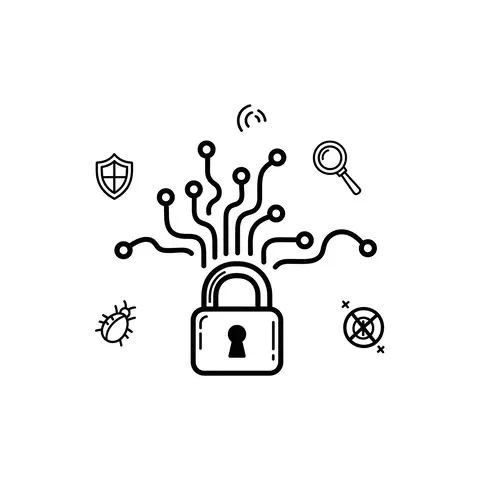
DC Sync Attack: The Art of Impersonation
In today's increasingly interconnected world, where our personal lives and business operations heavily rely on digital technologies, understanding and implementing basic cybersecurity measures is no longer optional – it's a necessity. Whether you're an individual managing your online presence or a business handling sensitive data, the threats lurking in the digital landscape are real and can have significant consequences.
Our daily lives are intertwined with the internet. We bank online, shop online, communicate with loved ones through digital platforms, and store personal information on various devices and cloud services. This convenience, however, comes with inherent risks. Without basic cybersecurity practices, individuals are vulnerable to a range of threats, including:
Basic Cybersecurity Practices for Individuals:
For businesses of all sizes, cybersecurity is paramount for survival and success. The stakes are even higher, as cyberattacks can lead to significant financial losses, reputational damage, legal liabilities, and operational disruptions. Common cyber threats targeting businesses include:
Basic Cybersecurity Practices for Businesses:
In the digital age, cybersecurity is not just a technical concern; it's a fundamental aspect of personal responsibility and business resilience. By implementing basic cybersecurity measures, individuals can significantly reduce their risk of becoming victims of cybercrime, and businesses can protect their valuable assets, maintain customer trust, and ensure operational continuity. Taking proactive steps towards a more secure digital presence is an investment in your safety and success in the modern world.
Love it? Share this article: